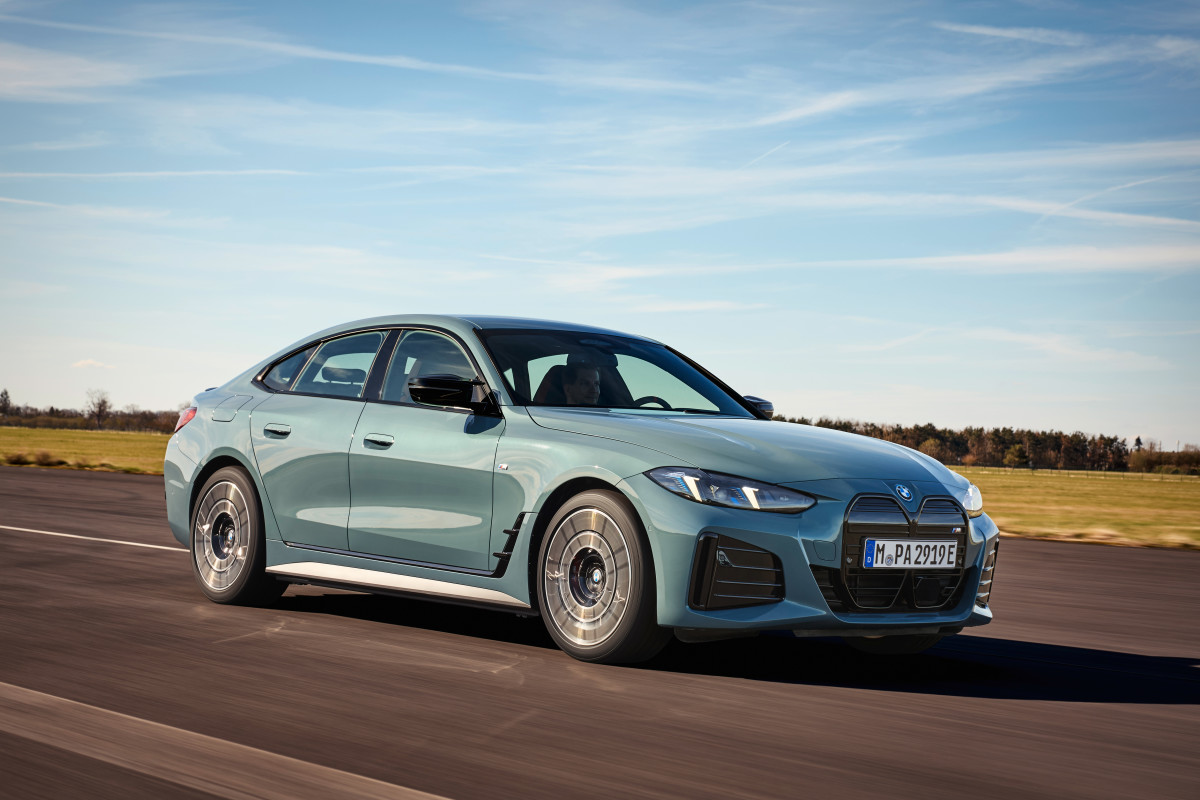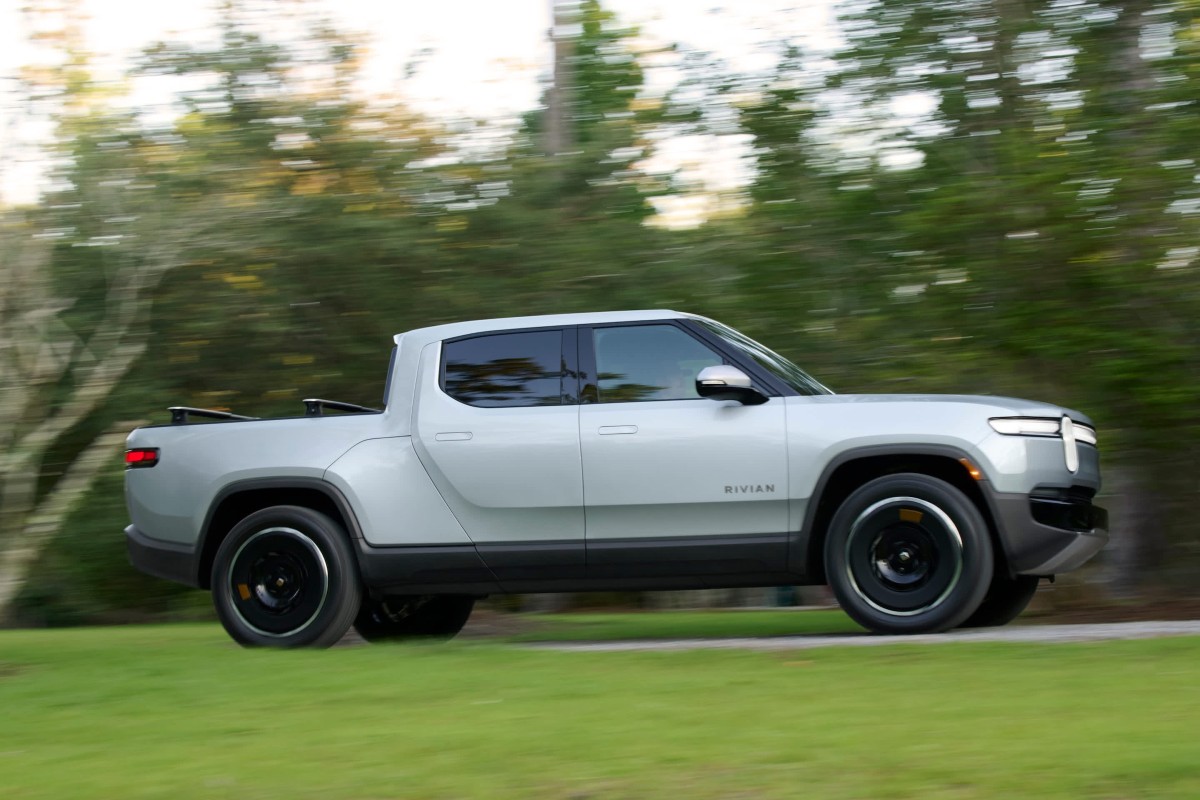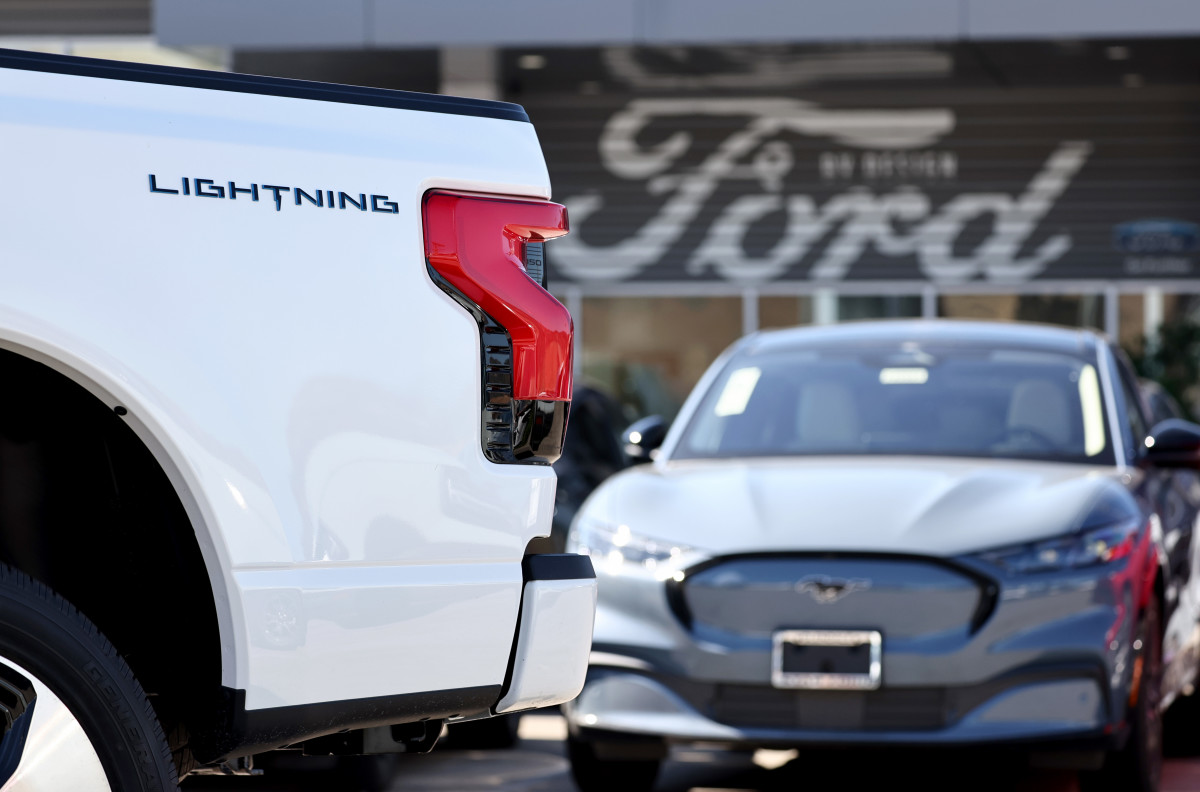EV Sales Landscape

The electric vehicle (EV) market in the U.S. is buzzing with activity, though Tesla isn’t leading the charge anymore. In the first three months of 2025, EV sales surged by 11.4% compared to the same period last year, as reported by Cox Automotive. Almost 300,000 electric cars hit the streets, showing promise for an industry facing uncertainties around demand and policy.
Yet, it’s not smooth sailing for every maker. Tesla, once the poster child of the electric age, experienced a 9% drop in its U.S. sales. Globally, the company’s deliveries slipped by 13%, marking its weakest quarter since 2021. Analysts at Cox point out that Tesla’s stagnant product lineup isn’t helping, and neither is the controversy surrounding Elon Musk. Without fresh models or a clear game plan, Tesla might find its market share shrinking in a field it once ruled.
Contenders Rising

As Tesla stumbles, legacy brands are stepping in to grab their slice of the EV pie. Chevrolet’s sales more than doubled, thanks to the hugely popular Blazer EV and Equinox EV, which offers over 300 miles of range, making it a favorite among budget-conscious buyers. BMW is not far behind, boasting a 26% hike in sales led by the i4 and iX models. Toyota also made strides, tripling the sales of its bZ4X SUV, though from a smaller starting point.
Ford has cinched its spot as the solid runner-up in the EV race, moving over 22,000 electric vehicles in the first quarter. Brands like Cadillac and Honda are also driving growth, buoyed by fresh entries such as the Honda Prologue, Acura ZDX, and Dodge Charger Daytona EV.
Bumps in the Road

Not all brands enjoyed a rosy quarter. Mercedes-Benz saw a sharp 58% drop in EV sales as interest in its EQ lineup wanes. Rivian, one of the early starters in the EV game, reported a 36% decrease, blaming supply disruptions and unfortunate incidents like the California wildfires.
Although the year-over-year stats look positive, a closer look from the end of 2024 to Q1 2025 shows a 19% decline in EV sales. Furthermore, stripping away numbers from new models paints a picture of slight downturn for existing EVs.
Outlook
The rest of 2025 could throw some curveballs. Analysts are concerned about the impact of potential policy changes, like scrapping the $7,500 federal EV tax credit or increasing tariffs on foreign vehicles and materials. With a Republican-led Congress, there might be a rollback of incentives from the Biden era, clouding the future further.
Despite these worries, the EV market is starting the year strong. Analysts at Cox Automotive voice optimism, “Despite numerous hurdles, and contrary to some reports, EV sales are growing healthily in the U.S. market.” Consumers’ appetite for EVs remains robust, even if the brands at the forefront are shifting.
Kia Soundscapes Debut
Used Cars Surging
Cybertruck RWD Debuts
McLaren Brake Recall
Affordable EV Revolution